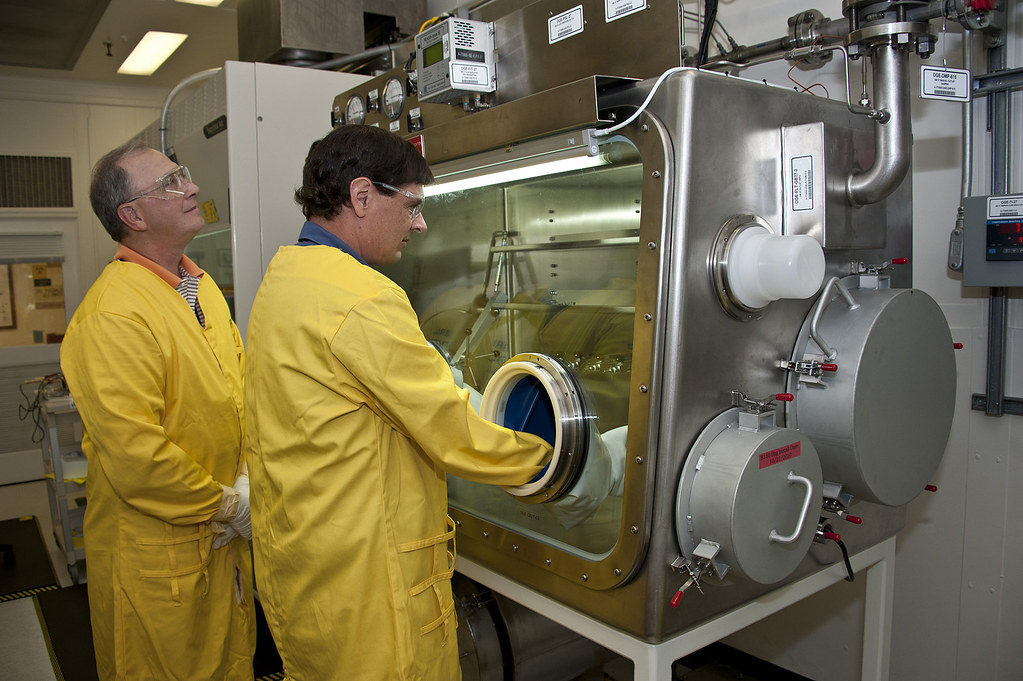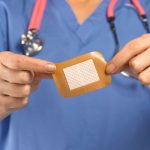Artificial or natural radiation is present in nature at all times. Low levels of exposure from either of the radiation sources do not harm the body much as it can deal with it. High levels of radiation exposure are, however, harmful as they can alter your cell structure, destroy your body’s DNA, and even cause cancer.

You need a shielding material between you and the radioactive material that will block the absorption of radiation that is transmitted in to your body. The type of shield you use depends on how intense the radiation exposure is. Strong protection will minimize the absorption of radiation or put it away completely.
The following are medical supplies you can use to shield your body from radiation exposure.
- Aprons
Working as a medical staff in any department dealing with radiological technology needs shielding. To avoid health problems as a result of radiation exposure, you need an appropriate apron. You can choose different Protech medical radiation protection aprons to suit your needs.
There are several apron styles to choose from, such as a vest, overwrap, front, and back all with suitable fasteners. While working in x-ray rooms, an apron is an appropriate protective gear that helps reduce radiation exposure. The apron material will depend on the kind of medical procedures you carry out.
The apron should be of the right size to enable you to carry out your tasks with ease. After use, you should ensure you store them properly by draping or hanging on suitable hangers. They also need routine checkups to ensure they have no defects and that they meet all shielding requirements.
2) Thyroid Collars
Wearing aprons does not completely cover the upper body appropriately. That is why you need thyroid collars to prevent any radiation from reaching your neck region. The collar should be a perfect fit to avoid it sagging.
Ensure it covers all the organs it should be protecting during x-ray procedures. It would help to go for the right size to avoid it being too tight or too loose. The collar and apron should fit in a way that there is no room between them to ensure maximum protection.
3) Eyeglasses
The eyes need protection, too, as they tend to be more sensitive to radiation. Glasses and especially leaded ones help eliminate or reduce exposure to radiation. The eye lens needs shielding at all times, especially when you are working in the x-ray rooms.
If the medical procedure you are to perform exposes you to high levels of scatter radiation, leaded glasses are the perfect option.
4) Gloves
Hands do most of the work and get near the radiation sources than other body parts. As such, you need to have protective gloves to help reduce ionizing radiation. Scattered rays can get to unexposed hands. If you do not pay attention to how you protect yourself, the damage might be long-term.
It would help if you had gloves with the right thickness and that cover your hands from fingers to the wrist. Any torn gloves should be discarded and use new ones for the procedure.







